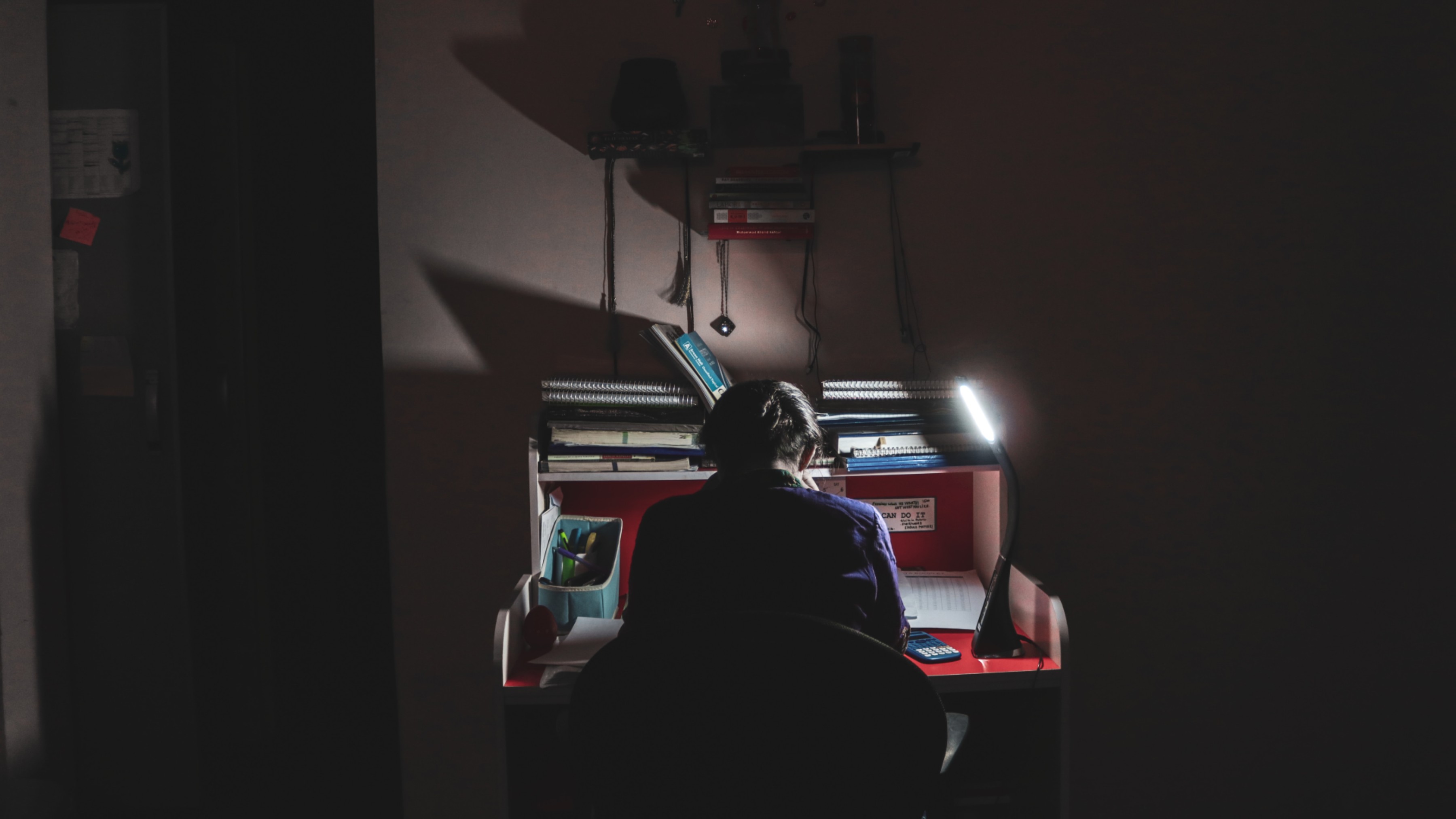It’s best to avoid cramming for exams and assignments if you can help it (I’m sure we all know this). BUT. For one reason or another, there are times when we really just can’t avoid it. It doesn’t make you a bad student or a bad person, it just makes you human! In the spirit of the finals season that always comes more quickly than expected, here are some tips on how to cram effectively!
Temporarily abolish social media
This one likely goes without saying, but it’s also the tip that I personally struggle with the most. There are different ways to avoid social media such as using the Pomodoro method (read more about it and other ways to separate work from leisure here) and turning your phone onto airplane mode or do not disturb mode, but my favourite method is to have someone else keep me accountable. As a self-proclaimed people-pleaser, I am much more likely to stay on task if there is even the slightest chance of disappointing someone. With this in mind, I will let my partner or friends know that I need to buckle down and fight procrastination, so if they see me doing something that isn’t related to studying or taking care of myself they can (gently) guilt trip me back on task.
Have a plan of action
Cramming is difficult enough on your mind and enough as it is. Trying to do it without any guidance or a plan to follow will only lead to frustration and will deplete your energy even faster. How can you effectively cram when you don’t even know what to cram in the first place? My favourite method of cram-planning is creating lists. What kind of list depends largely on what type of class I am cramming for because cramming for a multiple-choice exam will look very different from cramming for a written exam. Generally, I make a master list of things I absolutely need to cover, such as anything that my professor has explicitly stated will be on the exam and any other concepts that we spent a large amount of time on. When making my list of essentials, I also make sure to specify how I should be studying them — which leads me to my next point.
Study smarter, not harder
I’m sure we’ve all met (or have been) that person that says they stayed up all night studying without any breaks but still did not do as well as they had hoped to do. These types of cramming sessions are usually dominated by passive studying like solely reading the textbook or only highlighting notes. While these types of methods feel a bit easier and require less effort, they, unfortunately, aren’t as effective in consolidating information which is what we really need when we’re cramming before an exam. Instead of re-reading your notes, try active studying techniques such as flashcards and practice exams for multiple-choice exams, or practicing writing out passages related to key concepts for written exams. Studying smart is a complex and multifaceted skill so definitely check out Rebecca’s fabulous article on how to be a more effective learner for additional tips!
Don’t forget to move and fuel your body
Say it with me: I solemnly swear that I shall no longer glamorize the toxic side of “the grind” and hustle culture. I know that it may feel like it in the moment, but no exam mark is worth missing meals for. Not only will neglecting your body lead to feeling poorly physically, but the effects of not feeding yourself and not moving your body every once in a while will affect your ability to concentrate and store information—which is the exact opposite of what we want in such dire situations! Whether it is setting a time to remind yourself to get up and grab a snack or meal every few minutes, or planning your cram schedule to set aside dedicated time to eat and move around, what you are putting in your body and how you are treating it is just as important as what you are trying to cram into your brain!
Don’t sacrifice (too much) sleep!
This one goes hand-in-hand with the previous point, but I can tell you from my own experience that I have performed (and felt) much better writing exams having only studied the minimal content but getting at least six hours of sleep than writing an exam with only one hour of sleep because I spent all night trying to cram information into my tired brain. This is because encountering a question that you might not know the answer to is more easily tackled when you don’t feel like your brain is melting out of your ears from sleep deprivation. I know this. You know this. I also know that at times it is hard to fight the anxiety that comes with cramming the day or night before an exam. But at some point, whether this is a couple of nights before the exam or the night before, you need to realize that eventually, no matter how strong-willed you are, effective cramming can no longer be physically possible.
As I said, we should try to avoid cramming as much as possible. But desperate times don’t always call for desperate measures. We got this!

About Francine
Francine is in her fifth and final year of the secondary education program with the fun combination of being a physics major and English minor (she swears there’s more overlap than it seems!) She is very importantly also an avid lover of bread and cats. When she's not spending time working and studying, you can catch her reading a book, playing video games, or finding various ways to be a loaf.
